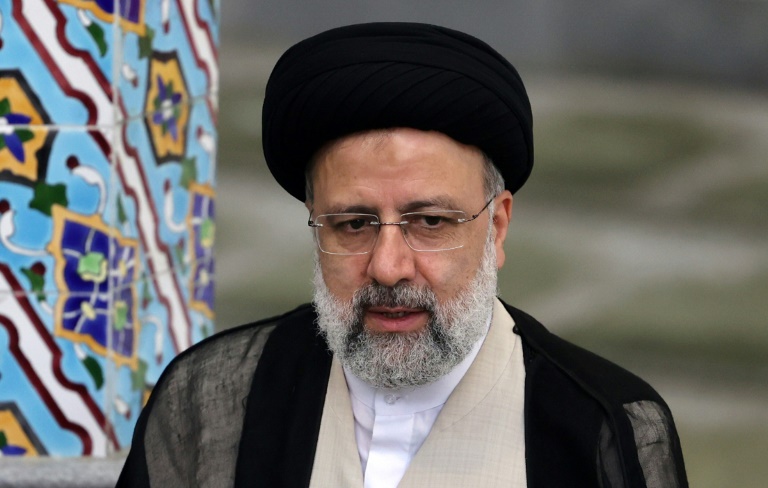Ultraconservative cleric Ebrahim Raisi, who was declared Iran’s next president Saturday, should be investigated for alleged crimes against humanity and a “spiralling crackdown” on human rights, Amnesty International said.
“That Ebrahim Raisi has risen to the presidency instead of being investigated for the crimes against humanity of murder, enforced disappearance and torture, is a grim reminder that impunity reigns supreme in Iran,” Amnesty said in a statement.
Amnesty said Raisi was a member of the “Death Commission” that forcibly disappeared and extrajudicially executed in secret thousands of opposition prisoners in 1988 while serving as Tehran’s deputy prosecutor.
Asked in 2018 and again last year about the executions, Raisi denied playing a role, even as he lauded an order he said was handed down by the Islamic republic’s founder, Ayatollah Ruhollah Khomeini, to proceed with the purge.
Amnesty said the “fate of the victims and the whereabouts of their bodies are, to this day, systematically concealed by the Iranian authorities, amounting to ongoing crimes against humanity”.
The London-based pressure group said Raisi had “presided over a spiralling crackdown on human rights” while serving as Iran’s judiciary chief for the past two years.
It said the crackdown had seen “hundreds of peaceful dissidents, human rights defenders and members of persecuted minority groups arbitrarily detained”.
“Under his watch, the judiciary has also granted blanket impunity to government officials and security forces responsible for unlawfully killing hundreds of men, women and children.”
It had also subjected “thousands of protesters to mass arrests and at least hundreds to enforced disappearance, and torture and other ill-treatment during and in the aftermath of the nationwide protests of November 2019.
“We continue to call for Ebrahim Raisi to be investigated for his involvement in past and ongoing crimes under international law, including by states that exercise universal jurisdiction,” it said.
Amnesty called on the UN Human Rights Council’s member states to take “concrete steps to address the crisis of systematic impunity in Iran”.
It said they should establish “an impartial mechanism to collect and analyse evidence of the most serious crimes under international law committed in Iran to facilitate fair and independent criminal proceedings”.











